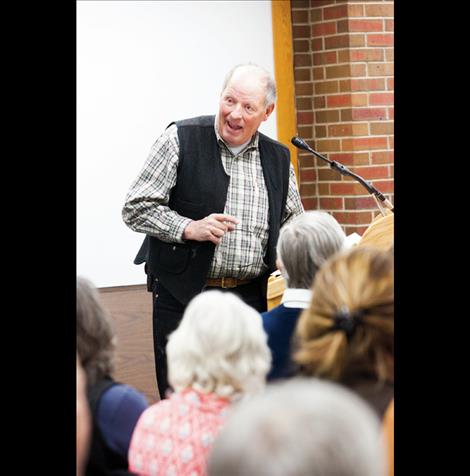Density hearing well attended, more comments sought

Nicole Tavenner
Nicole Tavenner/Valley Journal Lake County Commissioner Ann Smith Brower listens as community members share their views on the density map and regulations.

Nicole Tavenner
Concerned citizens packed the room during the Jan. 20 meeting to gather public input on the density map and regulations.

Nicole Tavenner

Nicole Tavenner

Nicole Tavenner

Nicole Tavenner

Nicole Tavenner

Nicole Tavenner

Nicole Tavenner
Issue Date: 1/27/2016
Last Updated: 1/26/2016 11:20:32 PM |
Shay Farmer for the Valley Journal
Keep Reading!
You’ve reached the limit of 3 free articles - but don’t let that stop you.















